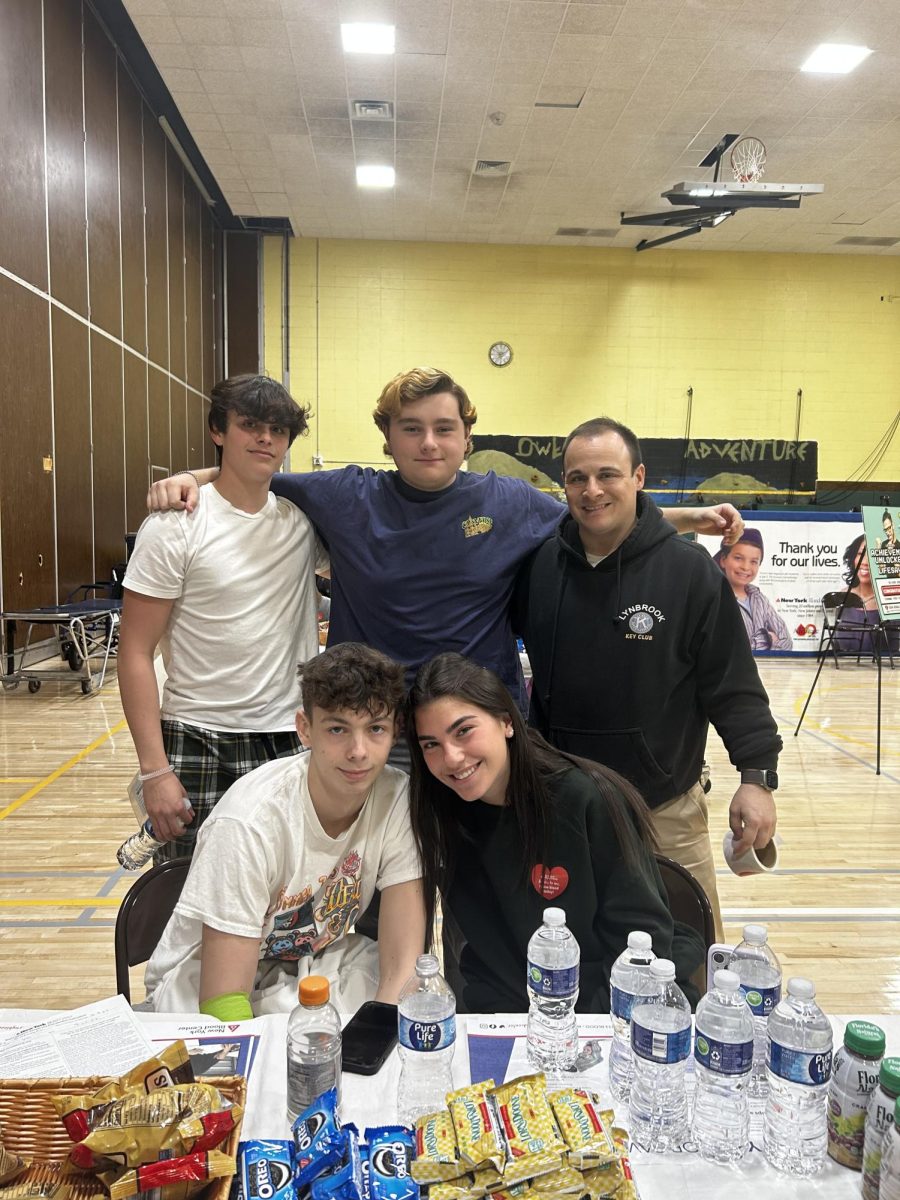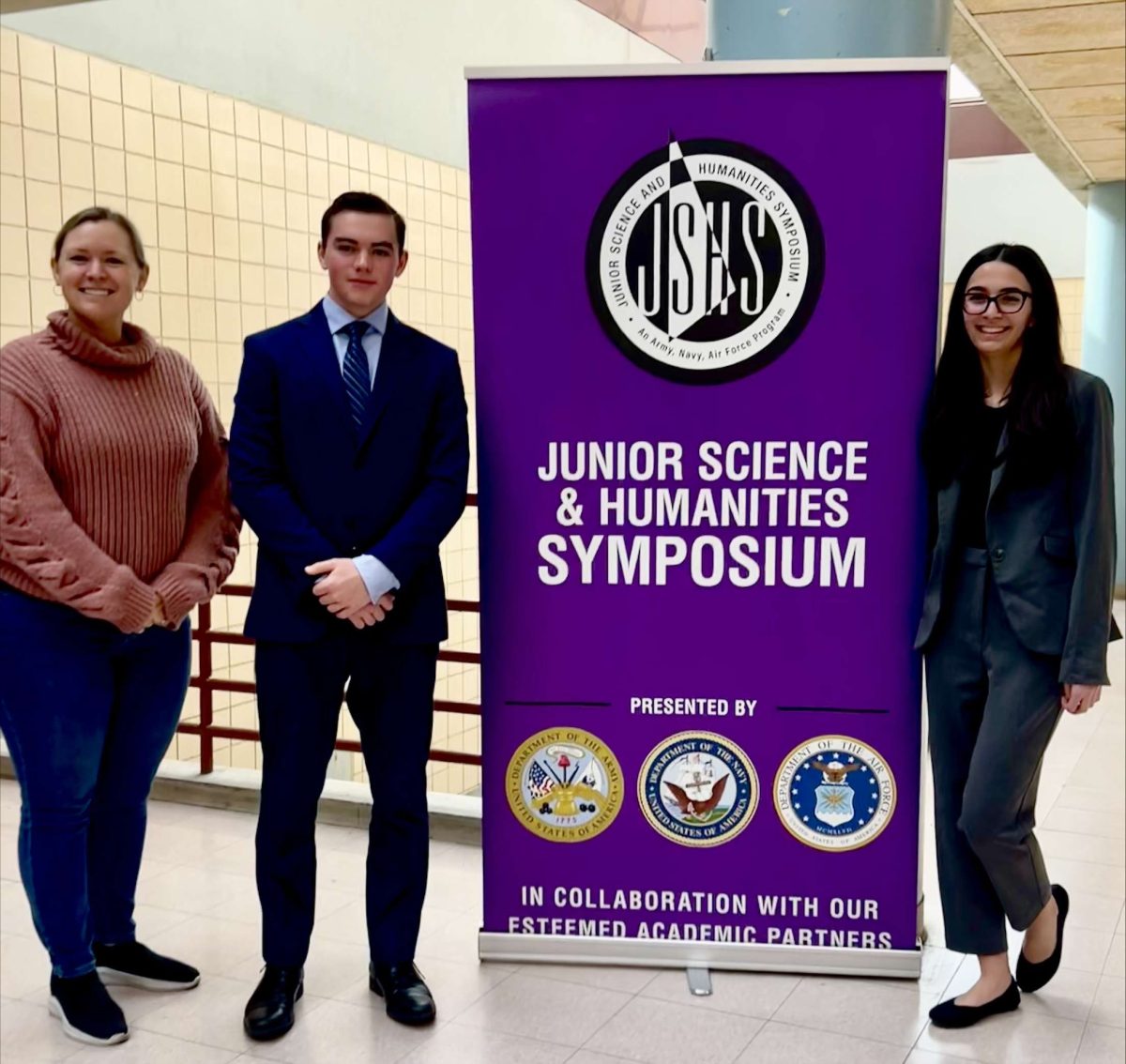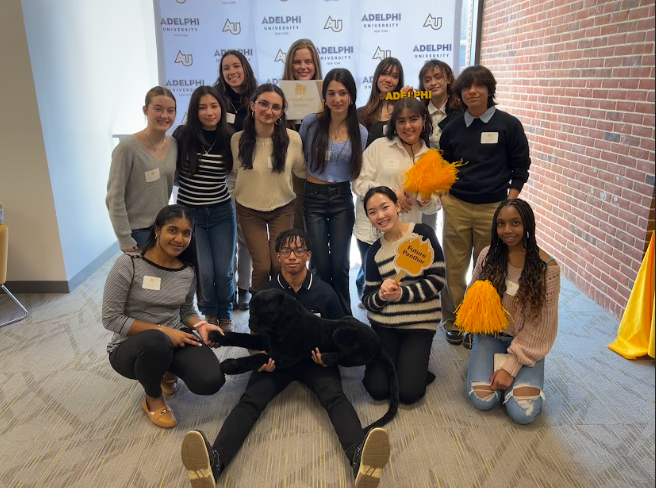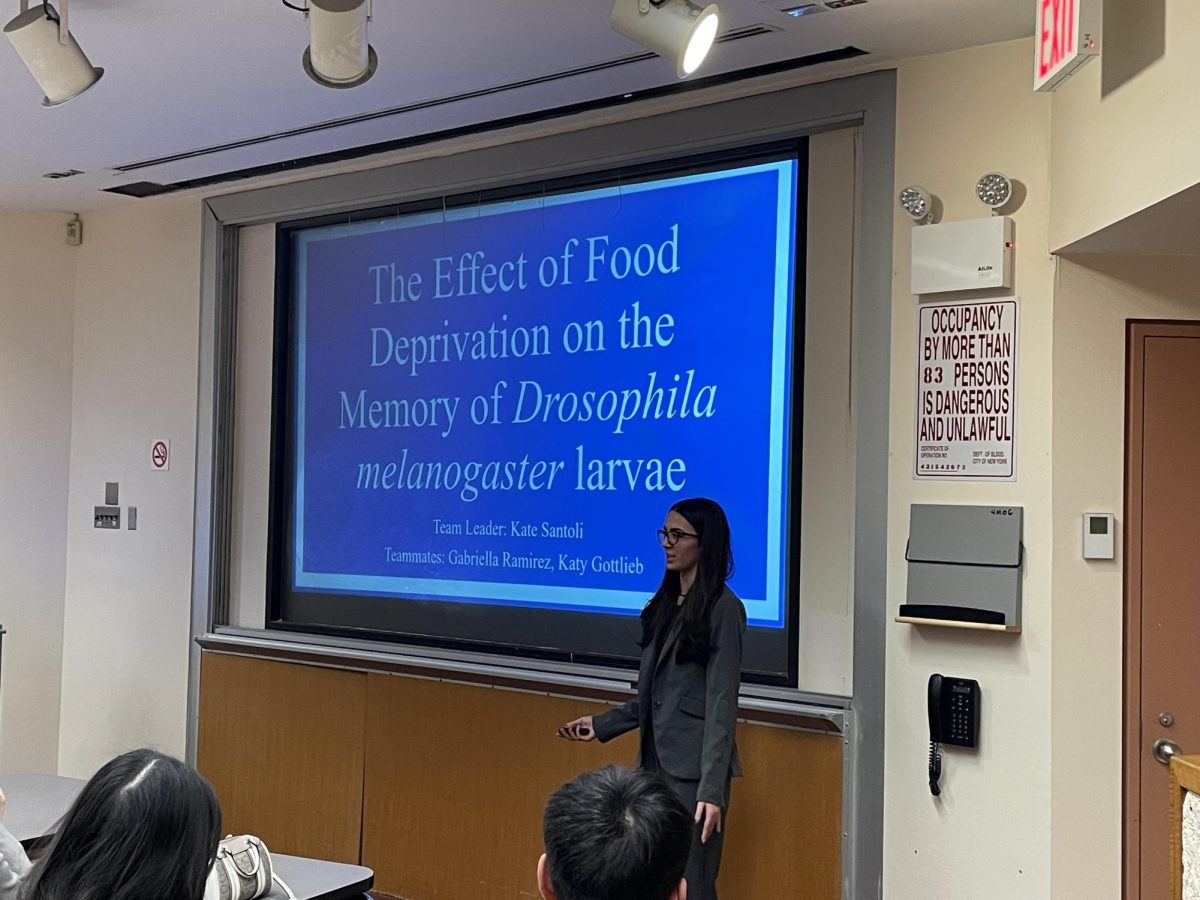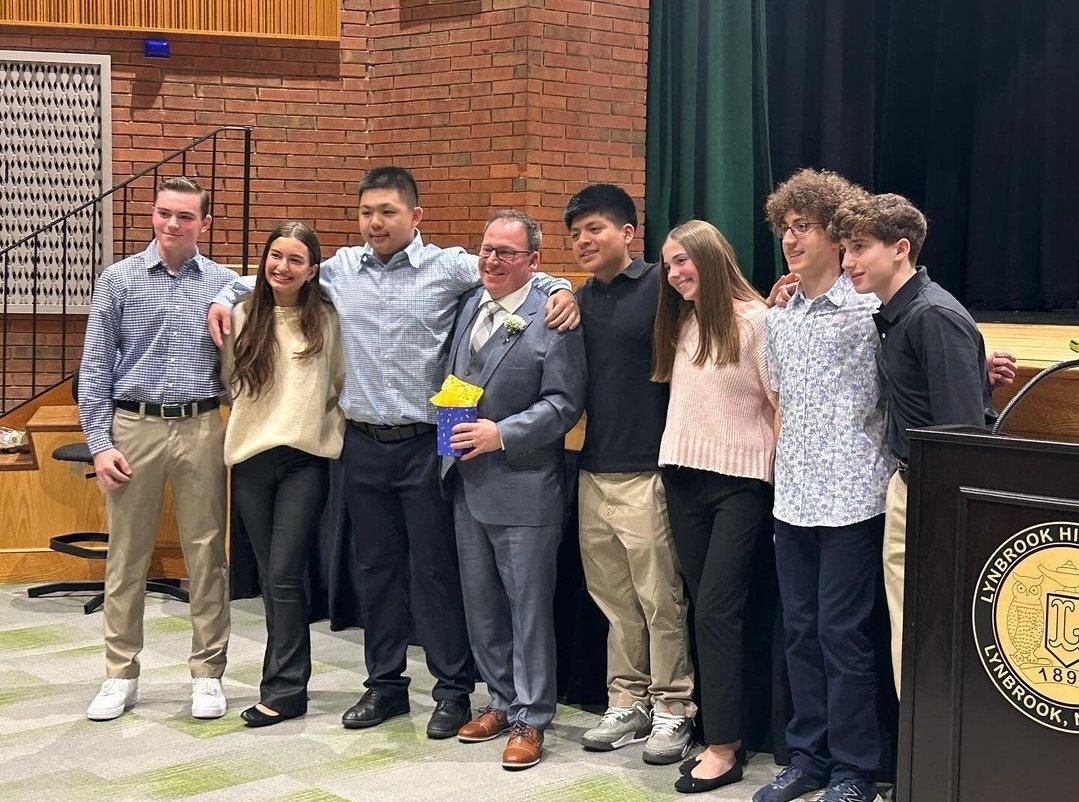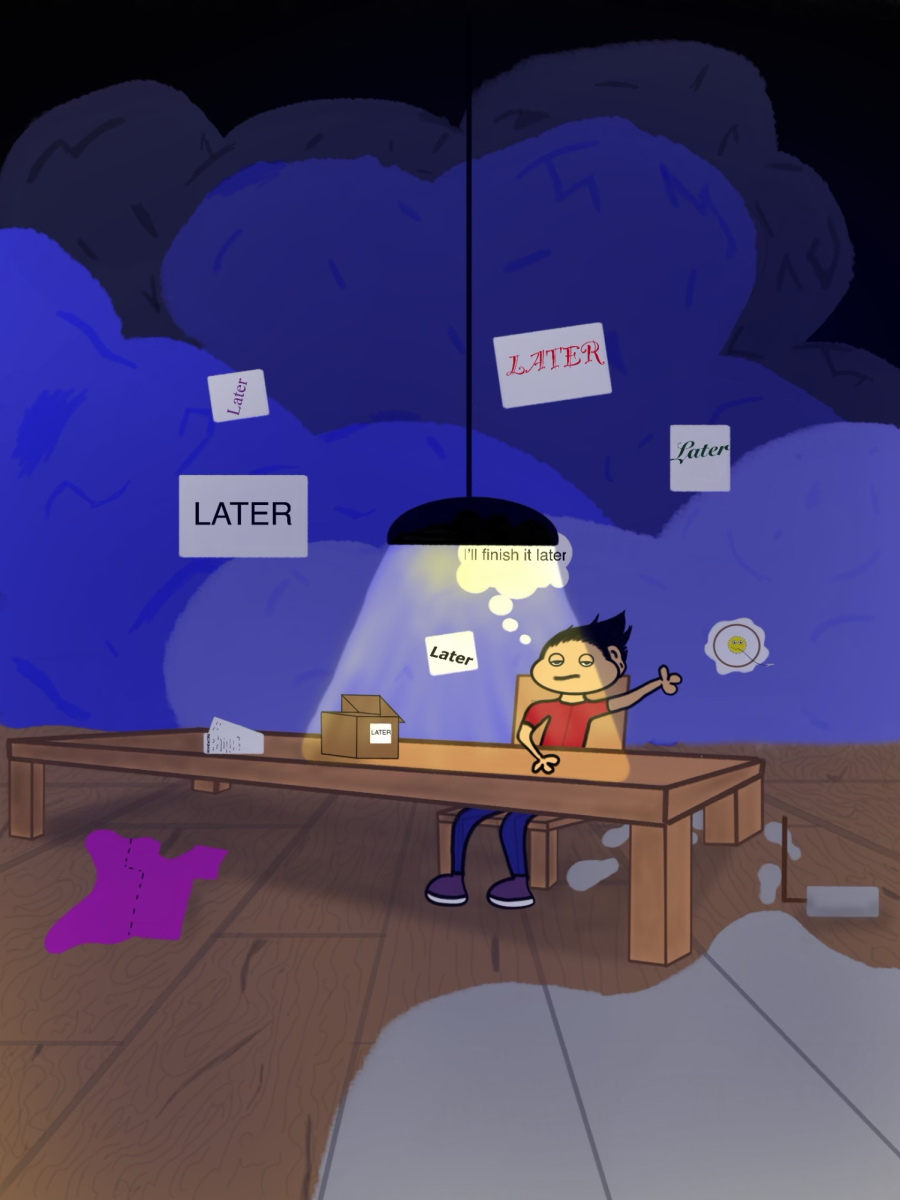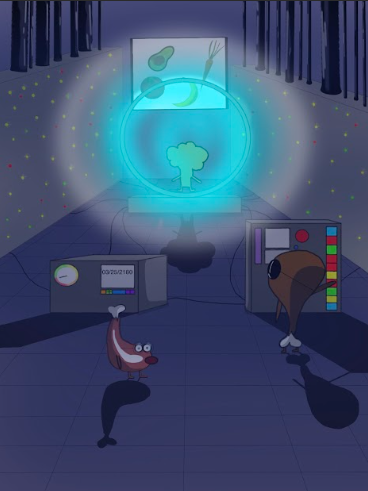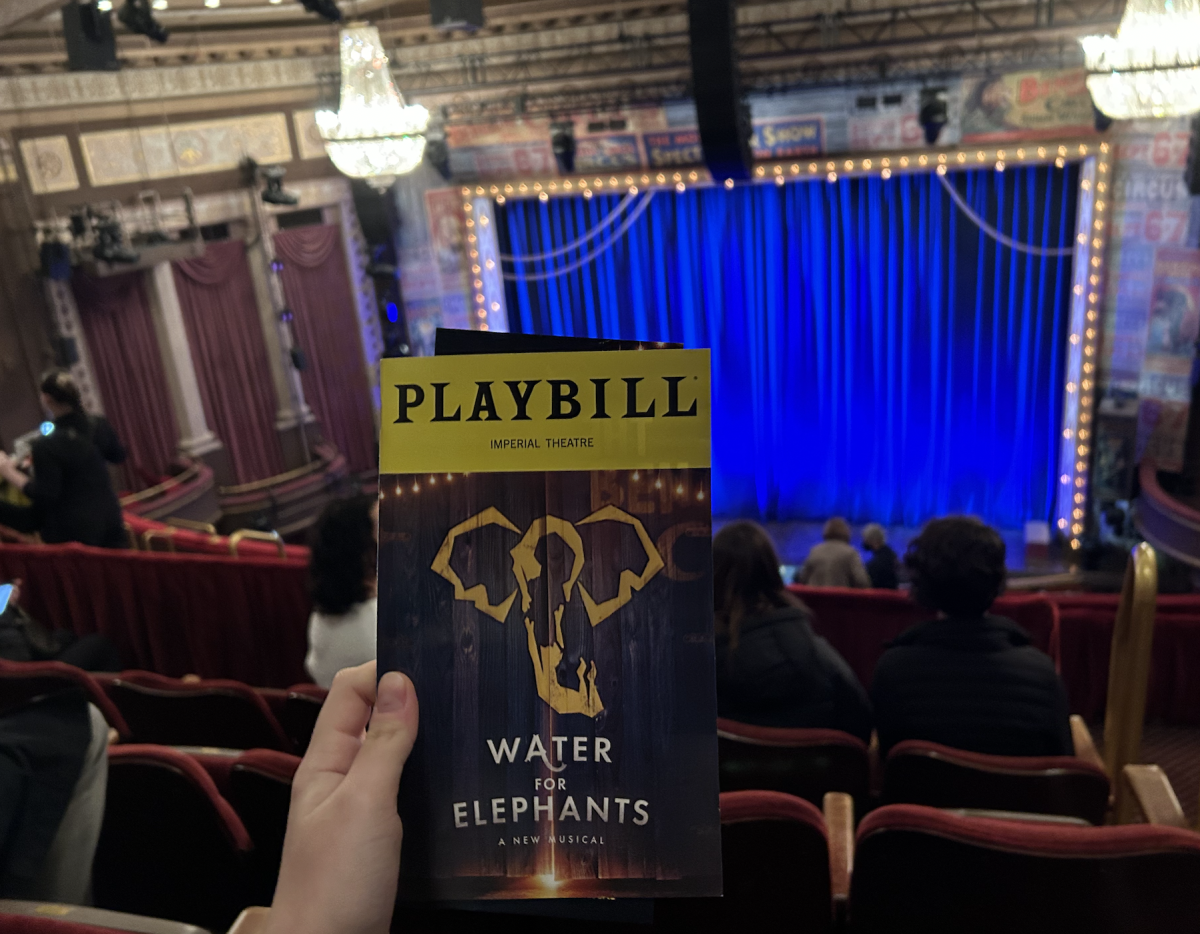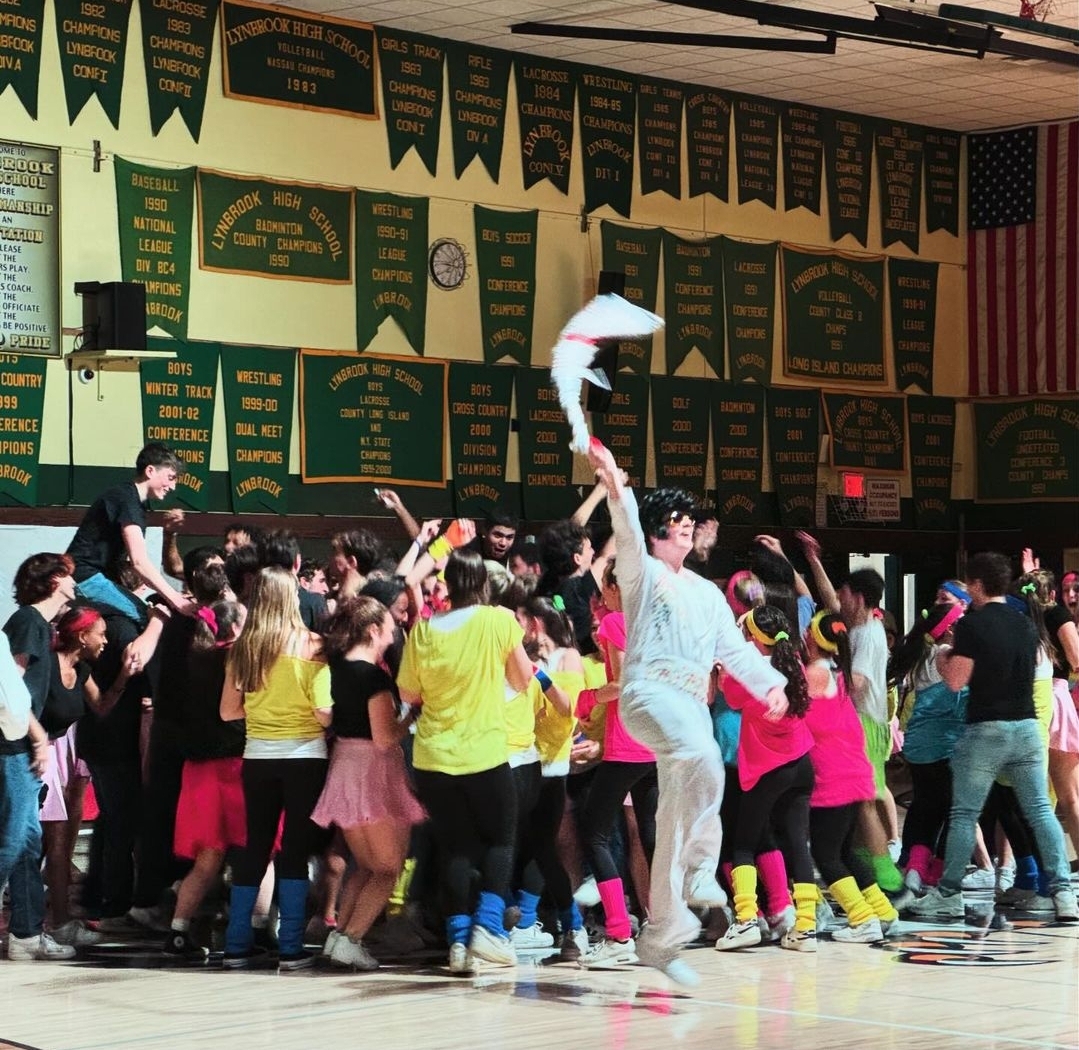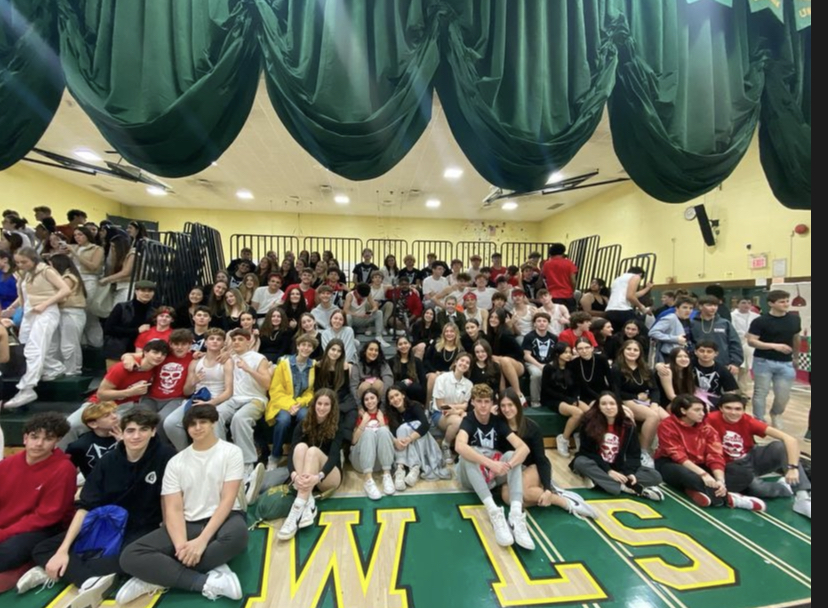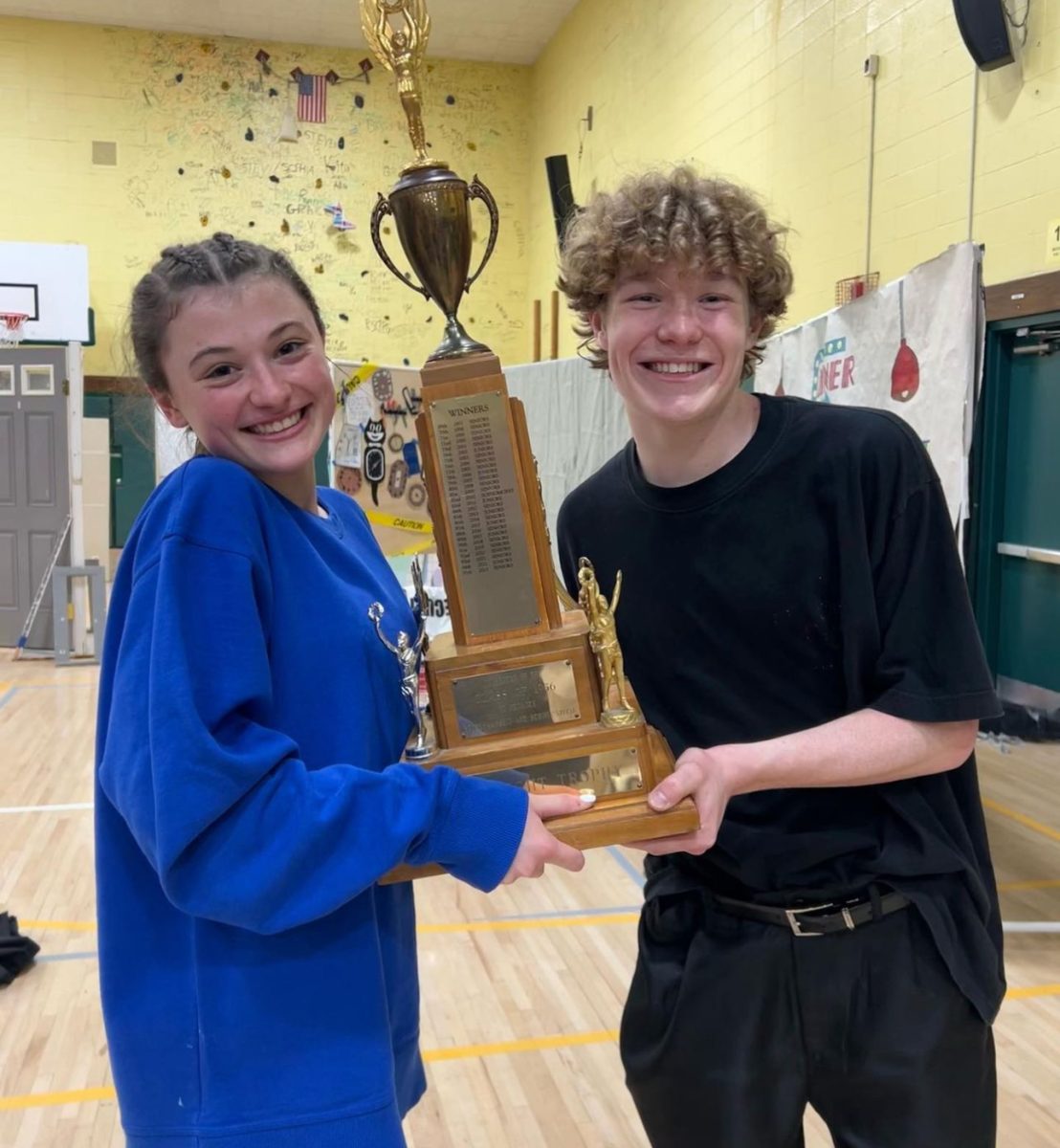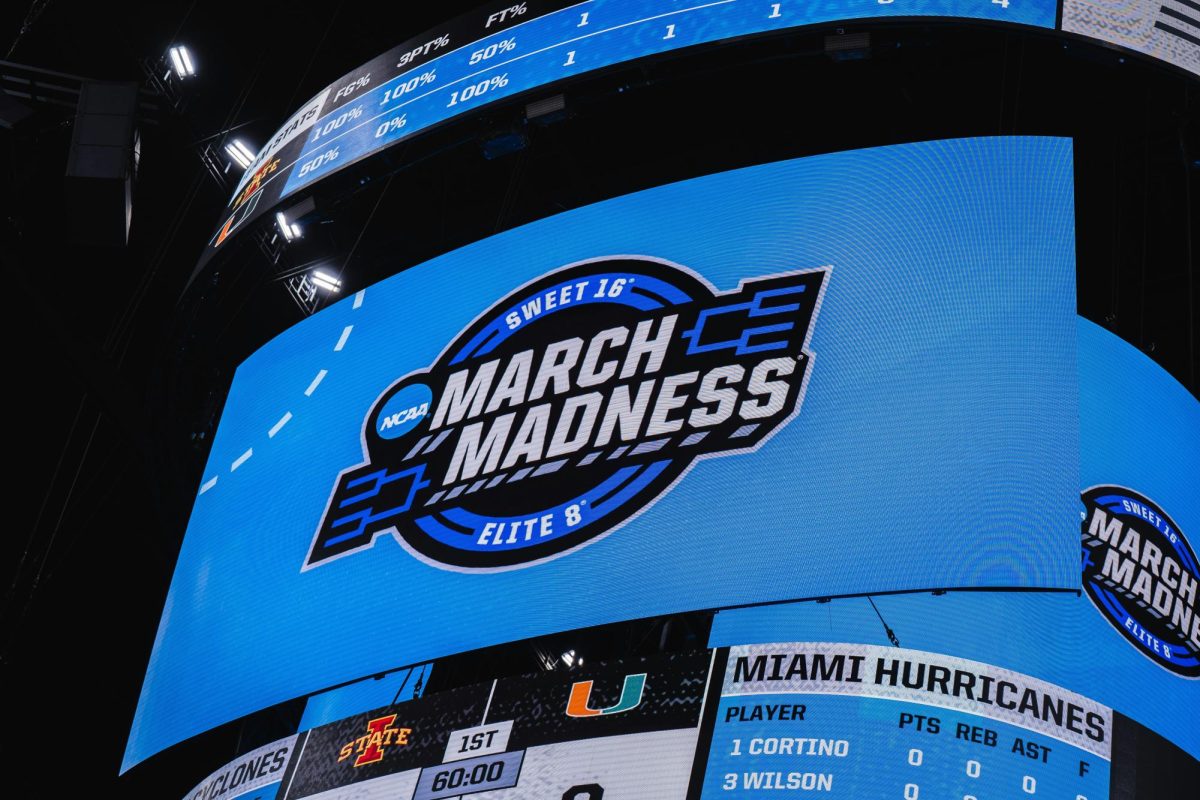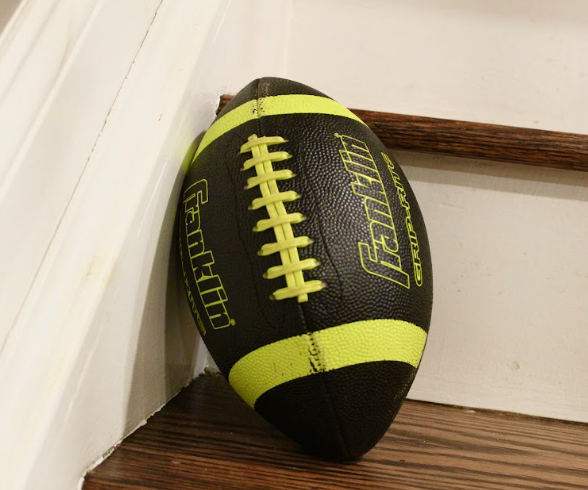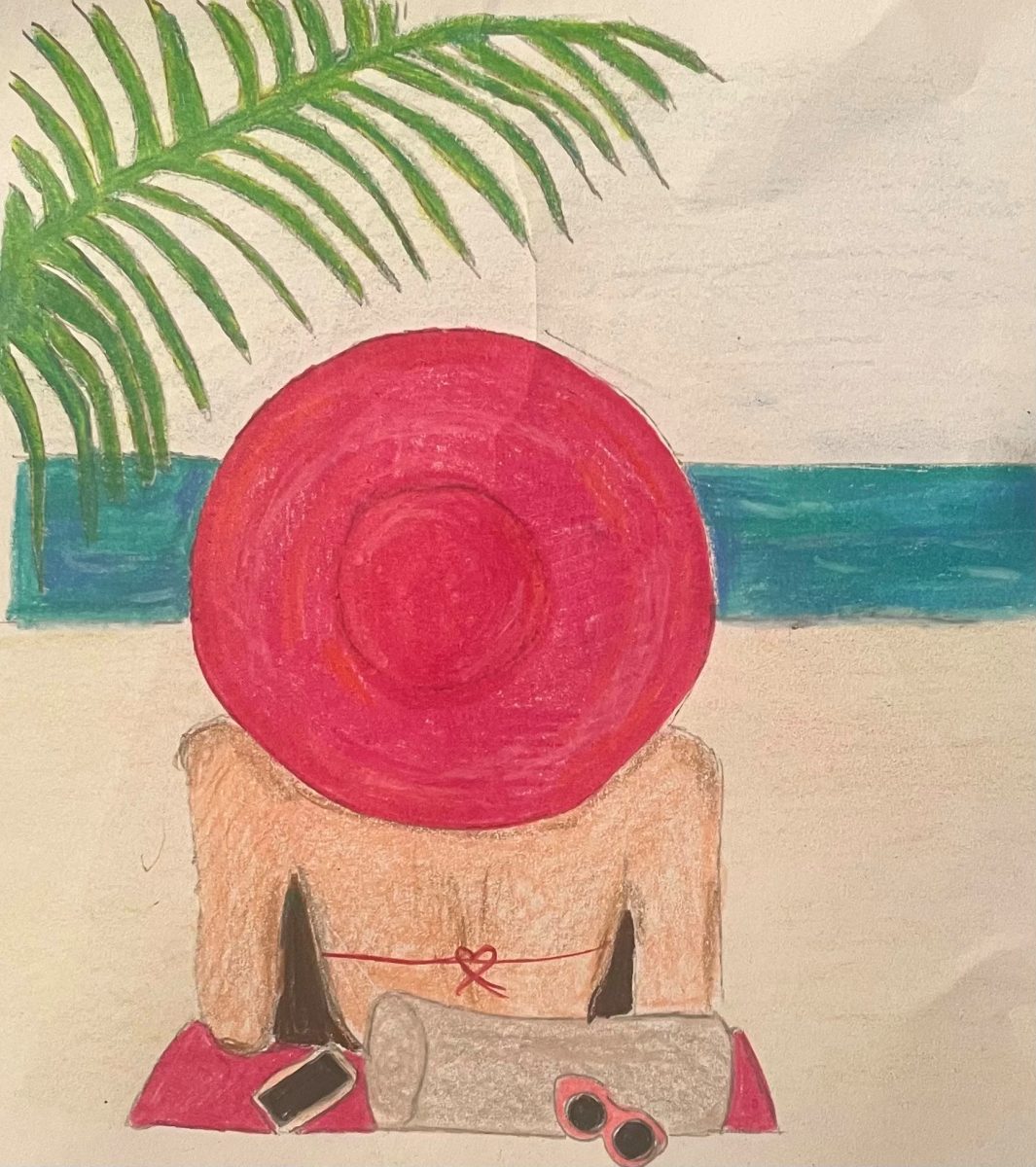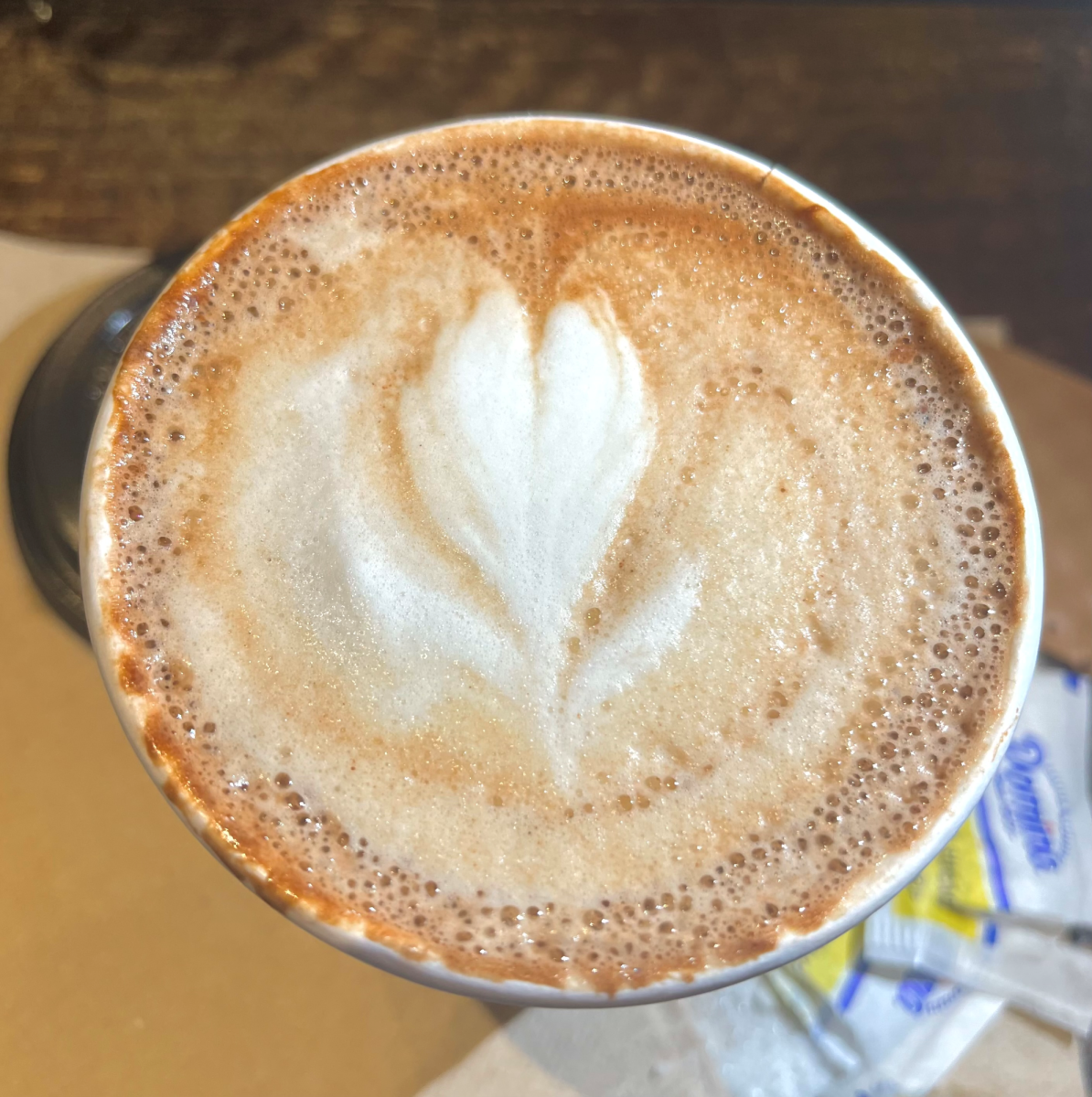Caffeine consumption can begin with a Starbucks Frappuccino loaded with 60 grams of sugar and just a drop of coffee. It may also begin with taking a sip of a parent’s bitter black coffee or experimenting with one’s own concoctions filled with sugar and creamer. Soon after entering high school, the sweet delicacy of sugar, creamer, and a drop of coffee becomes a status symbol.
As school work, jobs, extracurriculars, and sports begin to pile on throughout high school, the once sweet treat becomes a necessity to reverse the effects of drowsiness. Caffeine becomes the first line of defense against the natural tiredness that the sleep cycle induces. The creamer and sugar are soon replaced with an exponential amount of coffee to fulfill the forming caffeine addiction, all in an effort to block the natural sleepiness that attempts to creep in.
Caffeine soon becomes ingrained into one’s daily schedule, a schedule that begins with waking up abruptly before sunrise to the blaring sound of an alarm. The relentless alarm is soon paired with a large serving of caffeine in an effort to begin the day. Then, the first few periods drone on, powered by the consumed caffeine that begins to wear off as lunchtime nears. Lunch is spent foraging for the largest cup of coffee to power through the last few dreadful periods. The tenth period bell ringing is then followed by a race to grab an energy drink as drowsiness begins to win the battle and seeps in. The consumed caffeine provides just enough jitters to get through after-school extracurriculars, volunteering, sports, and/or work. Tiredness then creeps in, but piles of homework and studying await, so once again caffeine is consumed in an attempt to counteract the exhaustion. The moon in the sky soon becomes a sign to chug another energy drink in order to fit in an extra hour of work. The schedule, now overflowing with caffeine, is soon repeated when the alarm inevitably blares again the following day.
Sophomore Payton Stalter agreed that caffeine has become a big part of her daily life: “I began drinking coffee when I was 12 during the pandemic; however, my caffeine addiction intensified once I entered high school. I drink 2-3 cups of coffee a day, and get really bad headaches if I don’t.” Junior Valerie Tuosto feels she does not rely on caffeine, but finds herself indulging in it when she has a lot of homework. “I only get coffee once a week. I definitely find myself getting coffee after nights with a lot of homework, where I only get four hours of sleep.” Similarly to Stalter, senior Mary Costello also found herself addicted to coffee once entering high school: “I began to consume more coffee once entering high school due to not only the increasing workload but also the easy access of it. I prefer going to Union, which is only a few steps away from the school.”
Ounces of coffee that were consumed to block sleep soon cause the reverse effect: deterioration. This harmful cycle of overworking fueled by caffeine soon causes short-term effects of irritability, forgetfulness, drowsiness, decreased academic performance, and alertness. Long-term sleep deprivation, once again fueled by caffeine, leads to high blood pressure, heart attacks, strokes, and obesity. Increased caffeine consumption also imposes risks of dehydration, anxiety, insomnia, and increased heart rate. Coffee, which was once a drink consumed for simple pleasure, has now become a lifeline barreling its way towards destruction.
This caffeine addiction, although dangerous, has become a necessity due to the hustle culture imposed on high school students. Numerous AP classes demand hours of homework and studying in order to impress top colleges. Extracurriculars are then tacked on in order to create the illusion of this perfect résumé as the college admissions process becomes more competitive. According to U.S. News’ website (usnews.com), college admissions are becoming more competitive as the submitted applications rose by 21.3% between 2019-2020. A cup of caffeine is the “perfect” way to ensure the standards of these college admissions officers are met, even if it may lead to the student’s demise.
Caffeine has become a dangerous necessity to high school students due to the unmanageable standards imposed. More and more caffeine is consumed as a resistance builds in a futile attempt to flee from the ensuing exhaustion and burnout.

